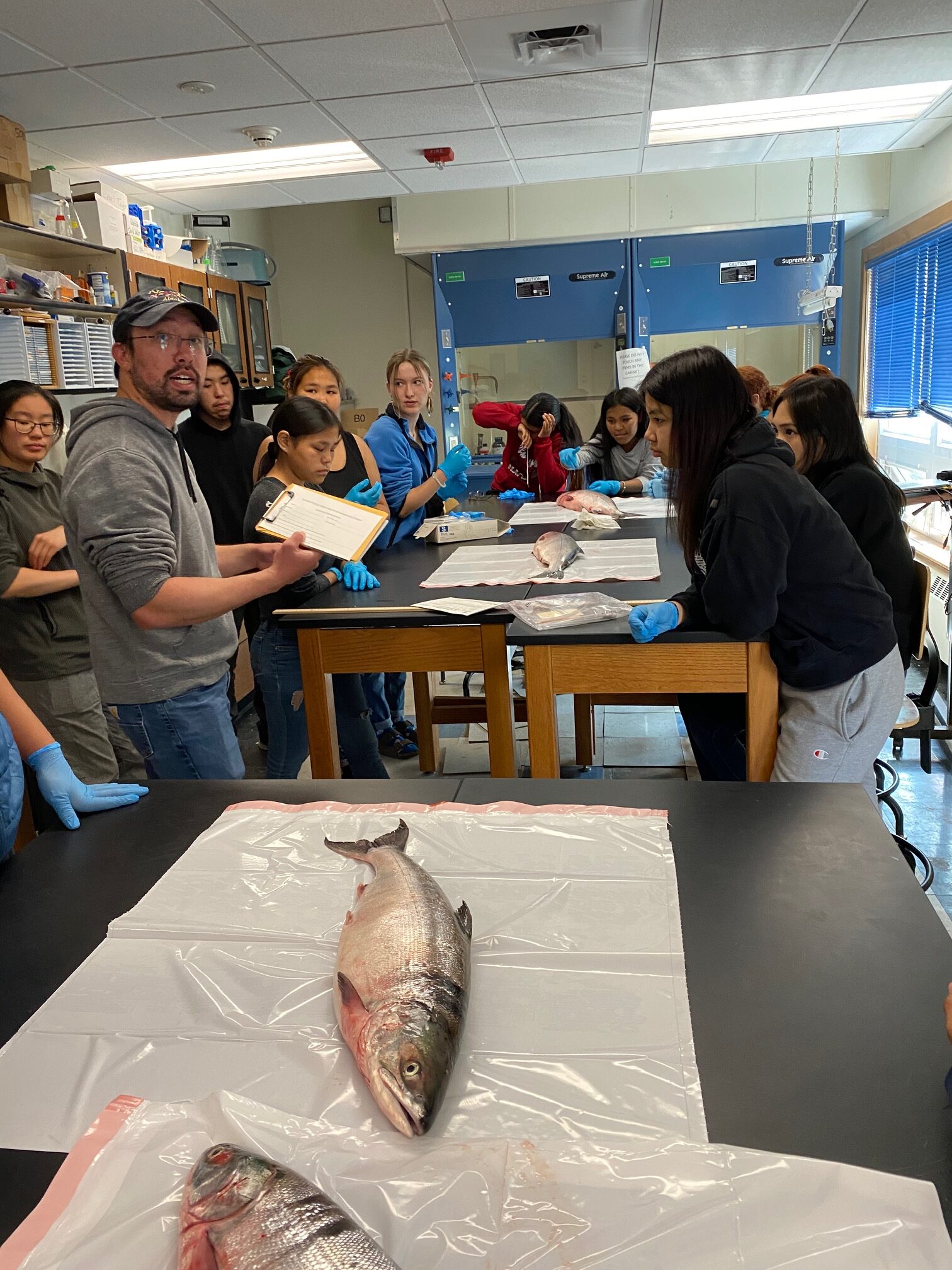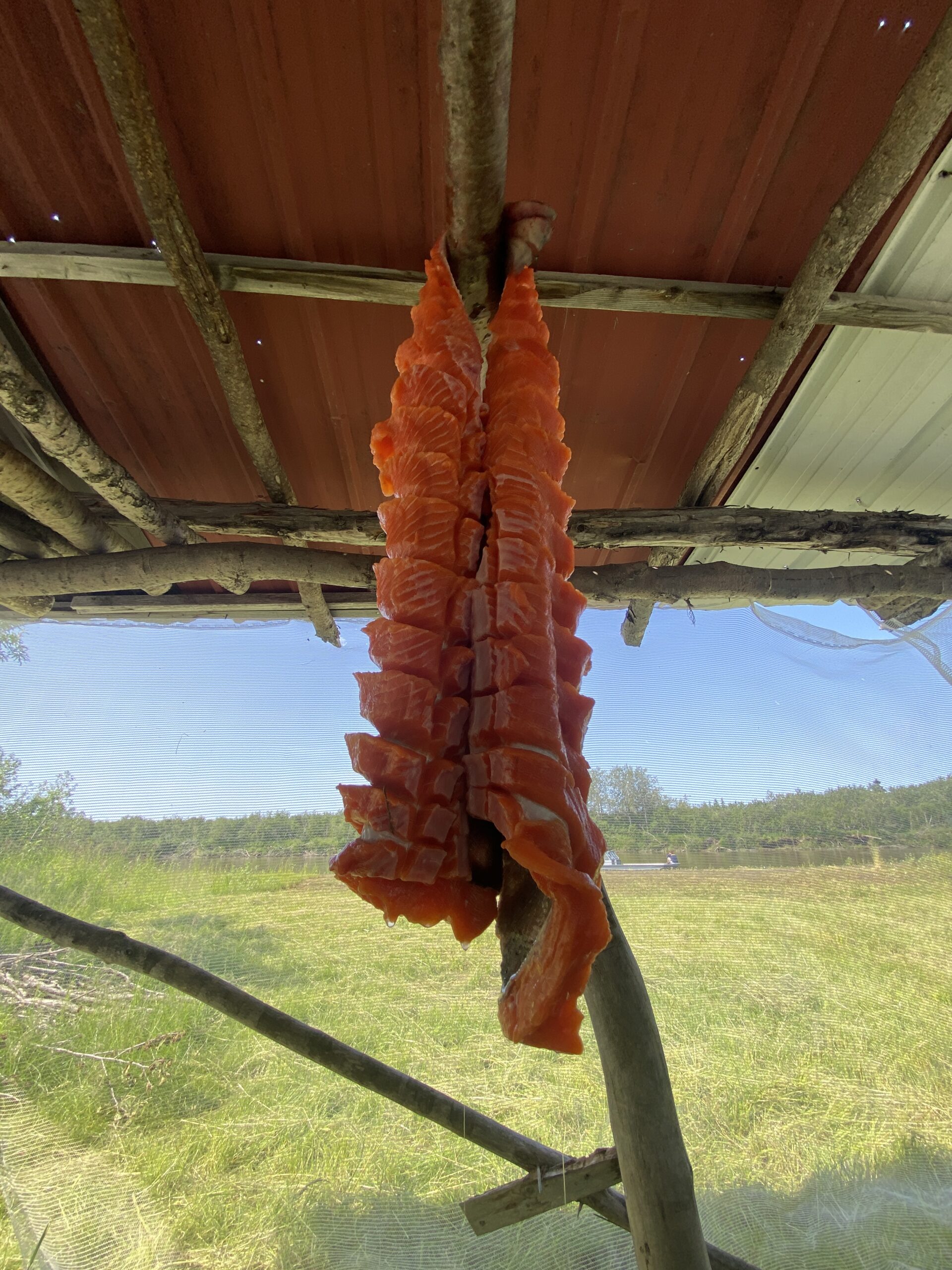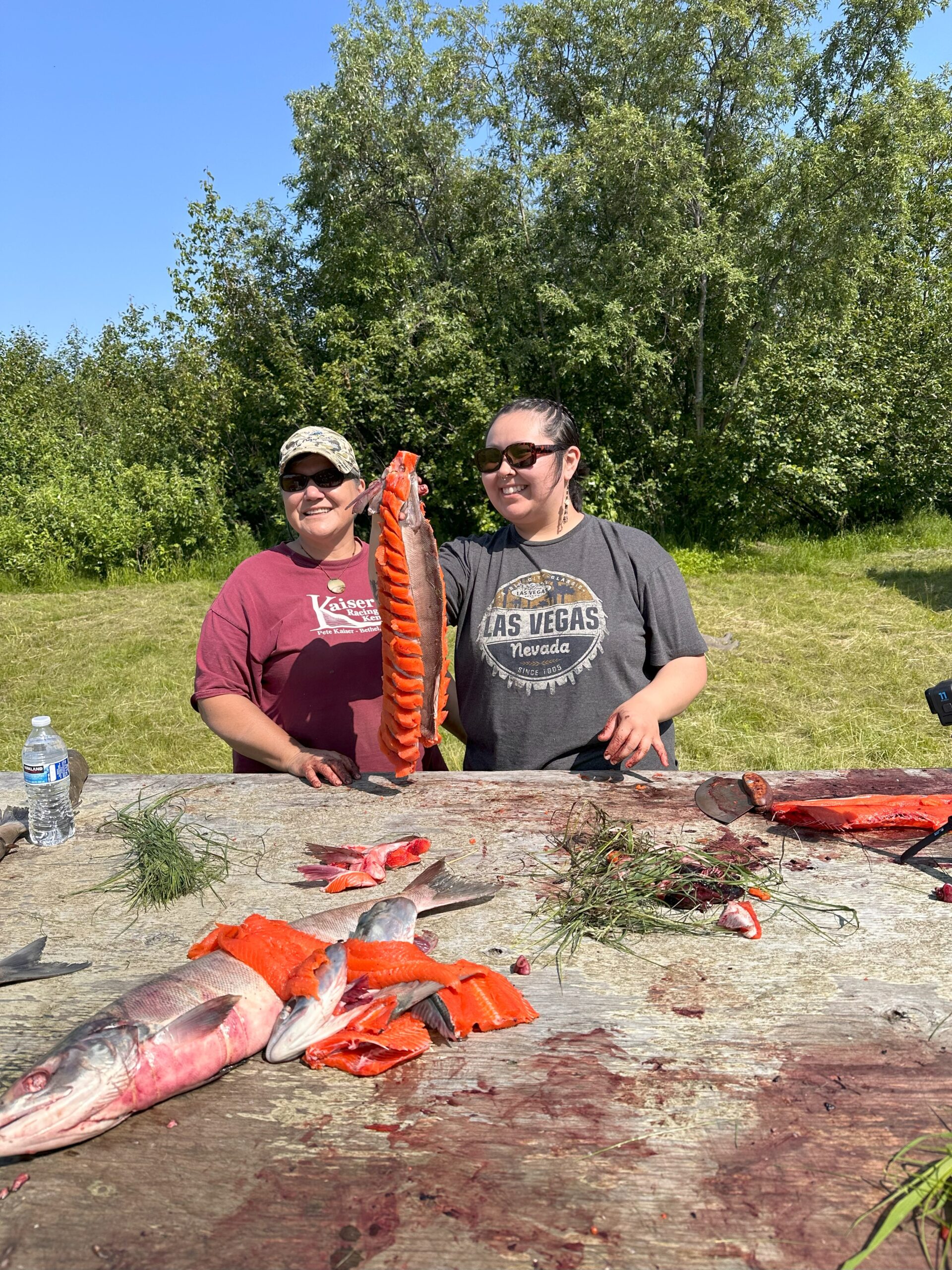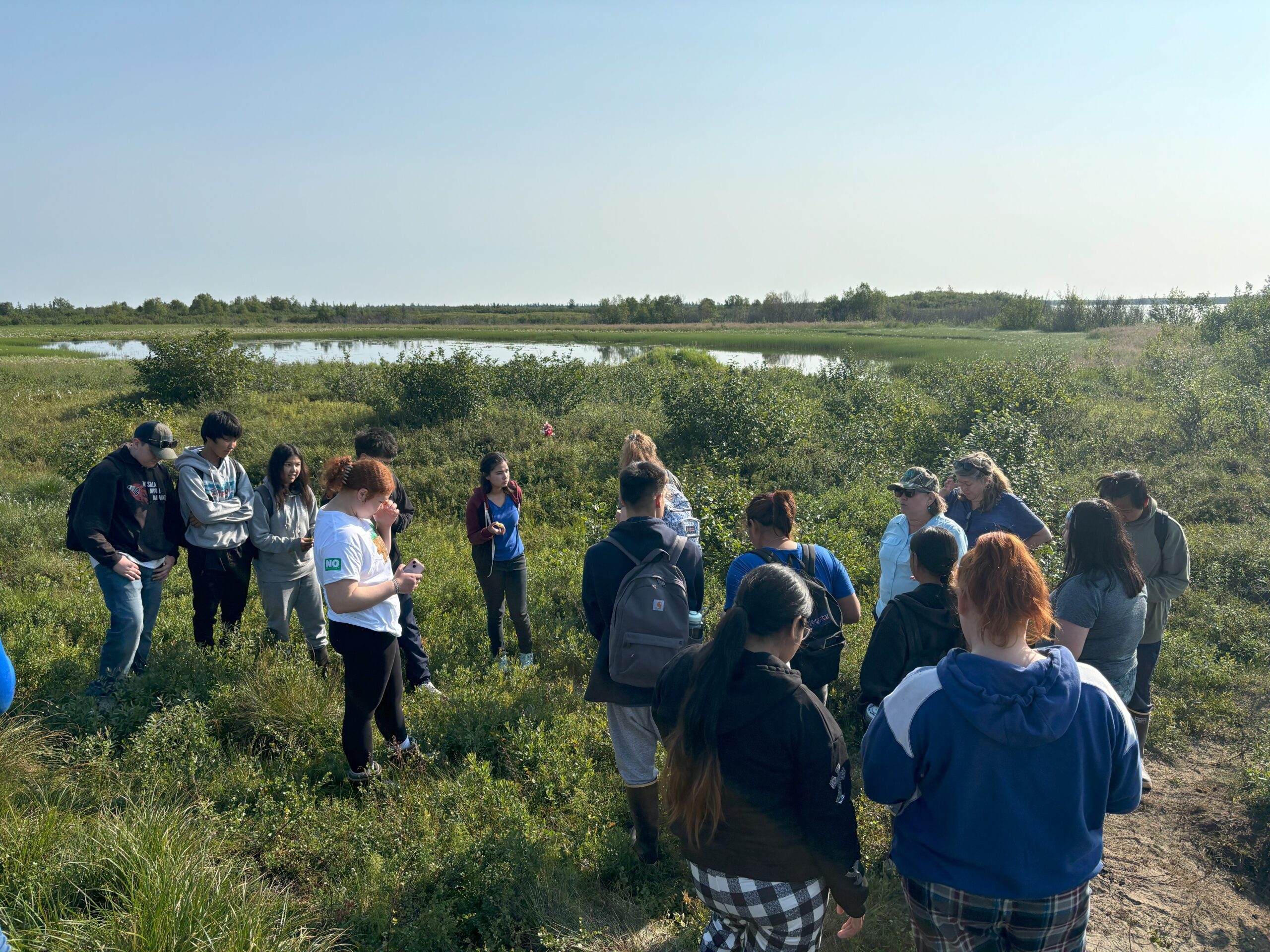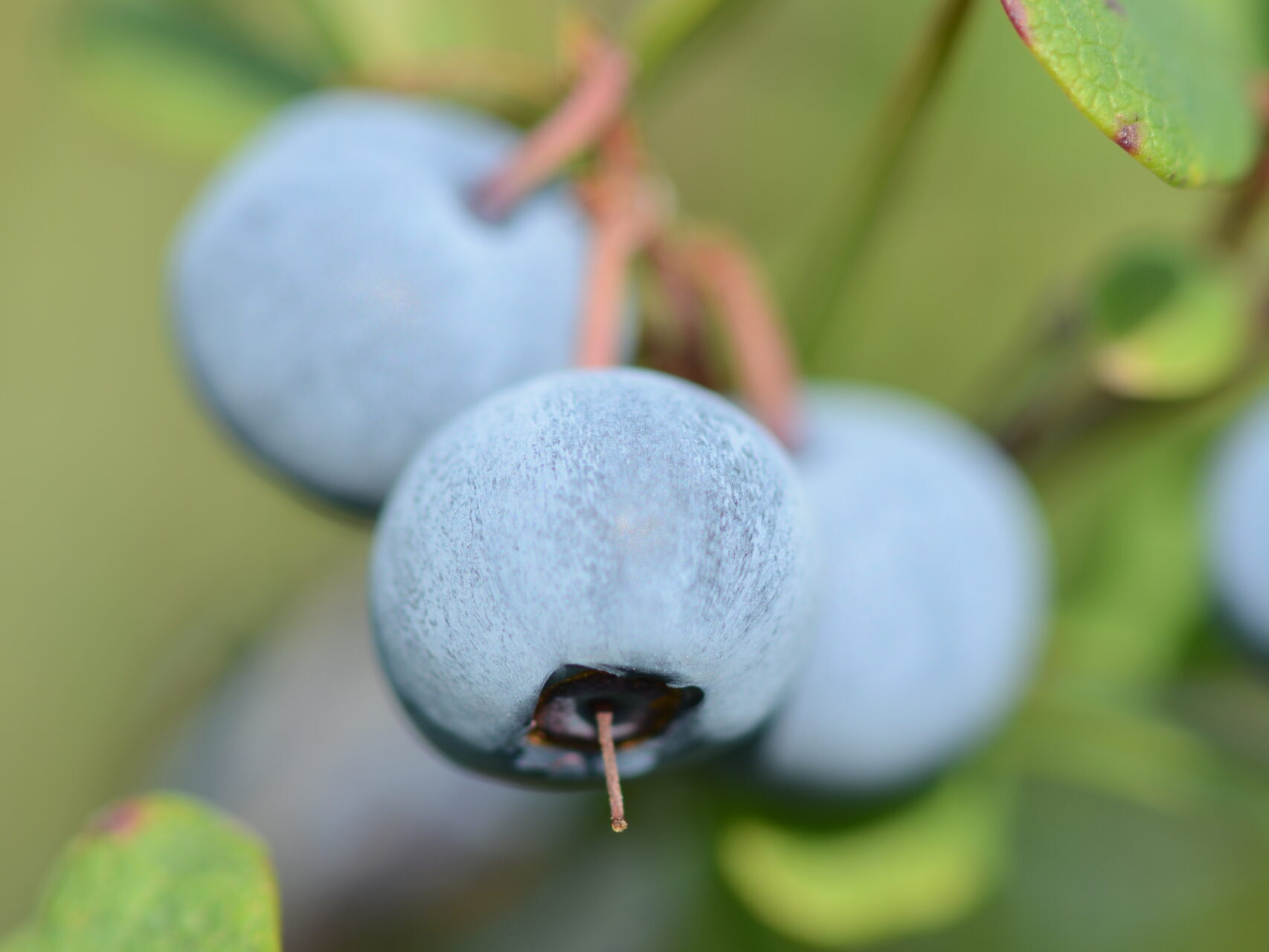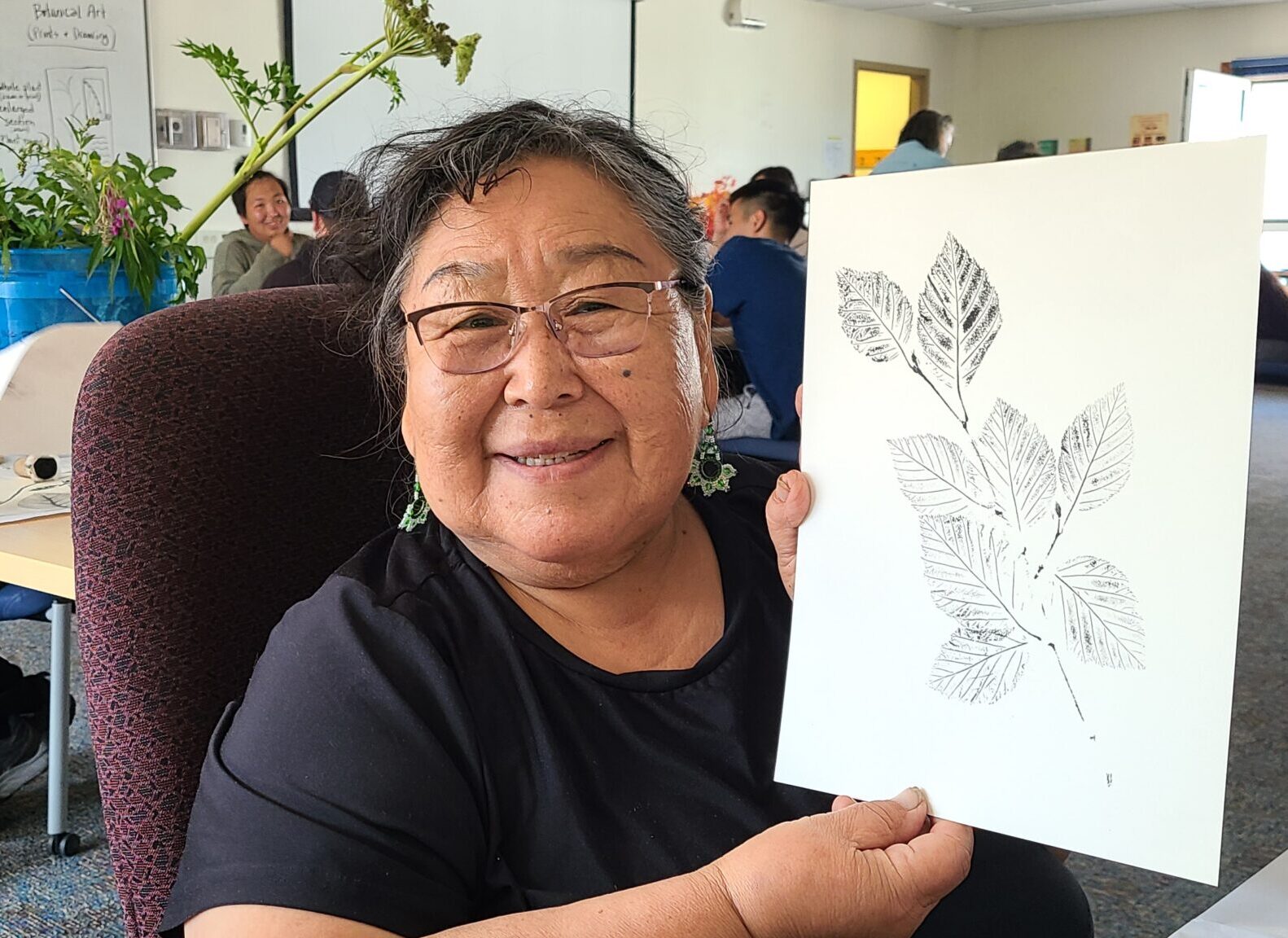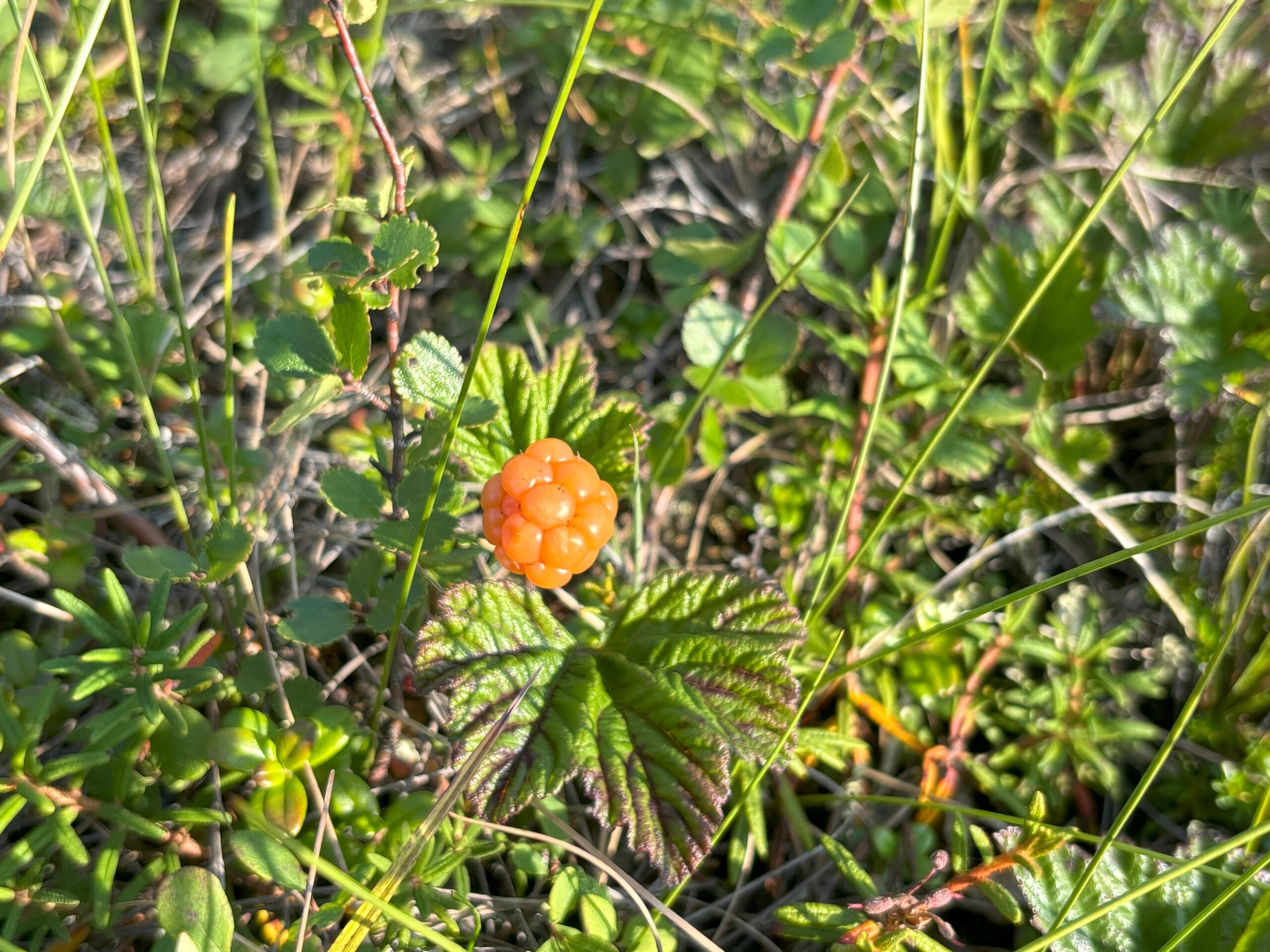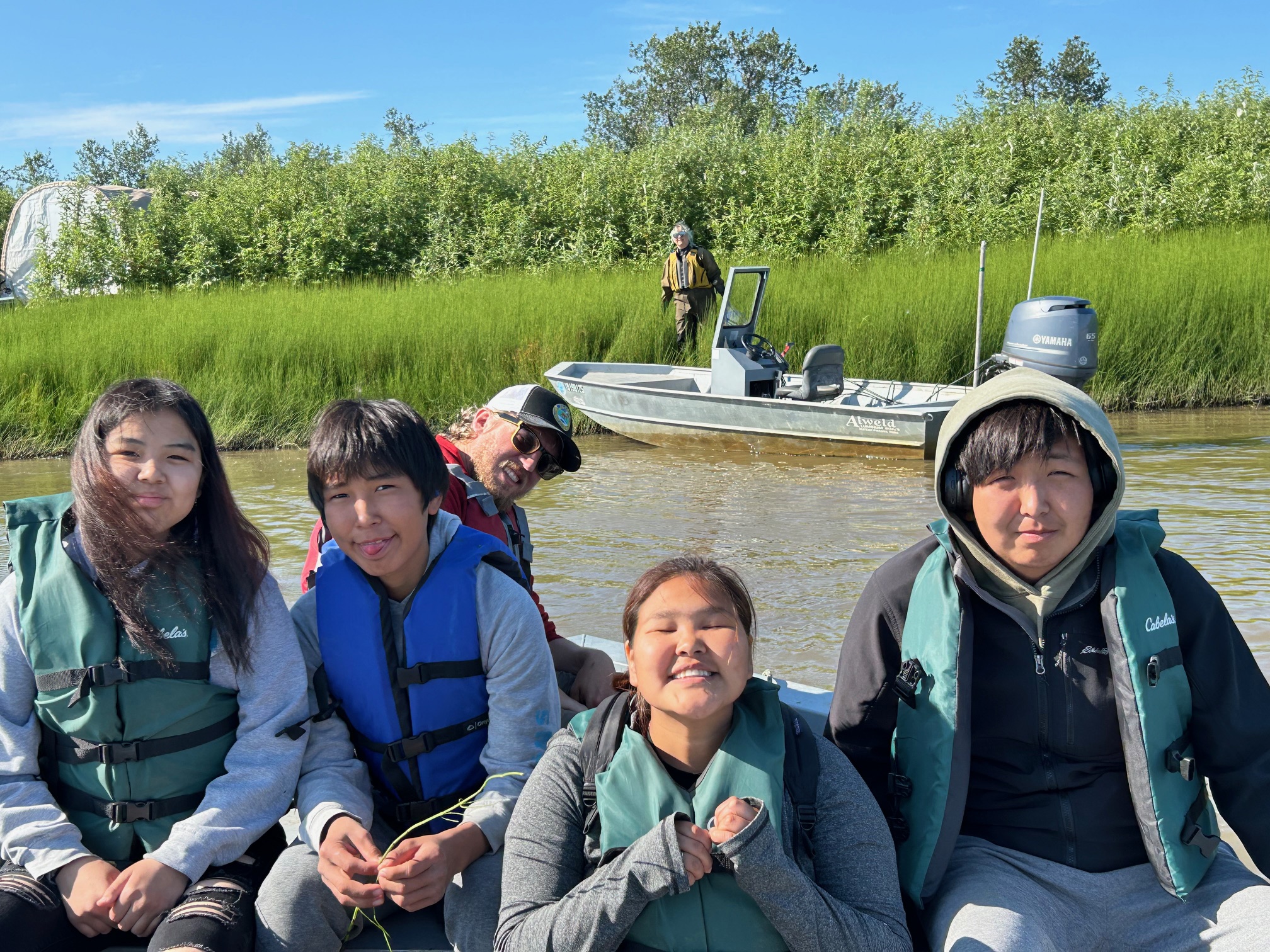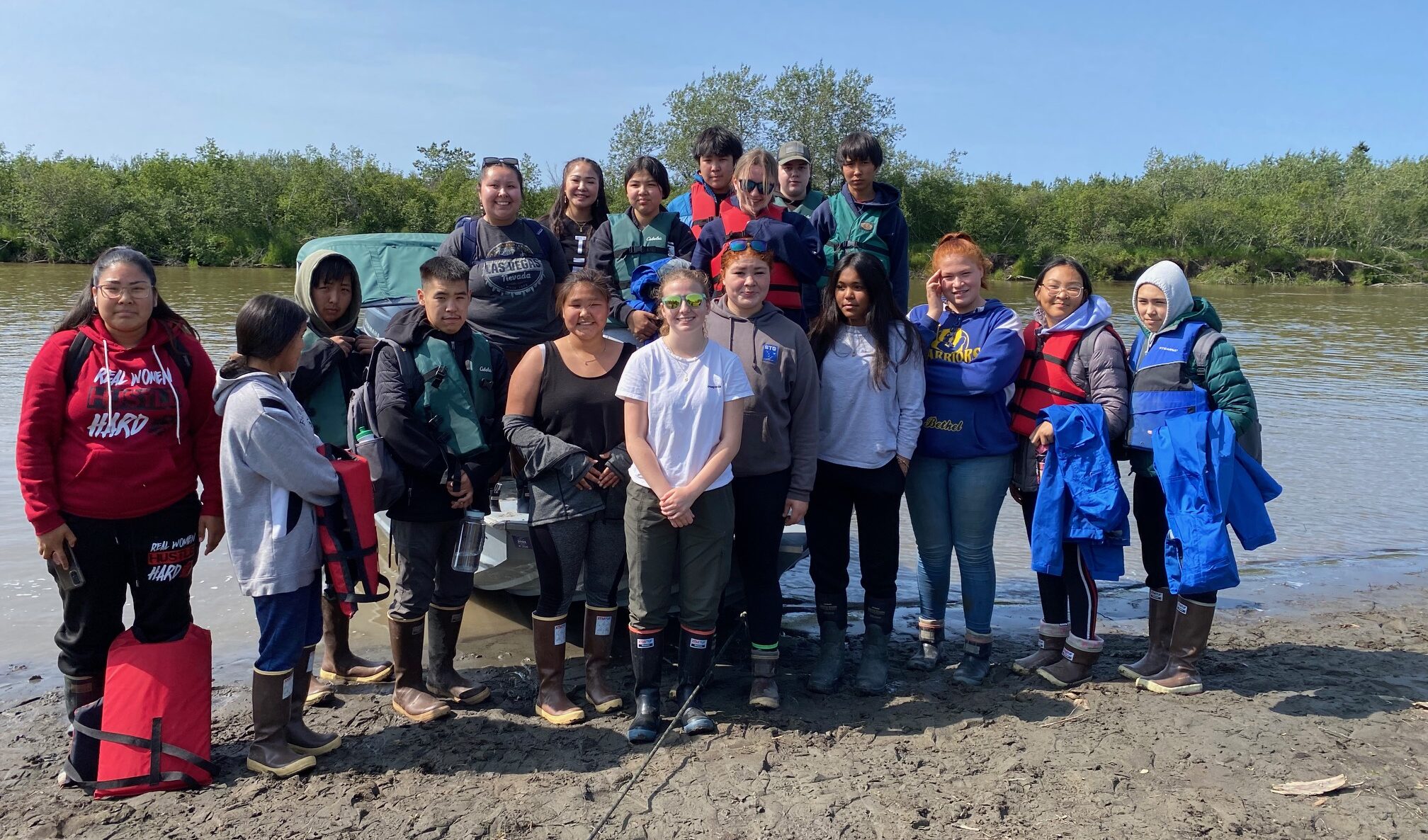
Thanks to a collaboration of the Orutsararmiut Native Council (ONC), the Kuskokwim Campus of the University of Alaska Fairbanks College of Indigenous Studies (KuC), the Lower Kuskokwim School District (LKSD), and a series of other, very supportive partners, we were able to hold yet another, successful Kuskokwim Science and Culture Camp in Bethel, July 17 – 25, 2024. This year’s eight-day camp was largely funded by a grant from the US Dept of Education through the Alaska Council of School Administrators and was free of charge for the participants. Dr. Shannon Atkinson DeMaster, instructor of record, and Lisa Strecker, instruction team lead, were the key UAF faculty that ensured the success of the camp.
The camp was set up as a dual enrollment course, TG 160 Indigenous Culture and Science, which allows students to earn high school and college credits at the same time. As the name reflects, the camp focused on cultural and scientific topics centered around the lower Kuskokwim River, its communities, and adjacent tundra ecosystems.
The now annual Kuskokwim Science and Culture Camp attracts students from rural communities in Western Alaska and introduces them to natural resource stewardship and management through Indigenous culture-centered and mainstream academic frameworks.
Through a careful selection of instructors and camp partners, students meet potential professional role models from within their communities and are exposed to pathways and careers in secondary and post-secondary education, state and federal natural resource management agencies, private and non-profit businesses; all of which are committed to healthy communities and ecosystems in the lower Kuskokwim River region. Subsistence uses of salmon, their lifecycles and management were covered in-depth, along with topics such as tribal sovereignty, Native language, ethnobotany, marine mammal biology and necropsies, drones in science, One Health concepts, communication, and human dimensions of conservation. Field trips included fish camp, a visit to a fish sonar site and test fishery, fish processing, berry picking, and tundra outings.
The diverse cultural activities ranged from talking circles, culturally-based mindfulness sessions, beading, Native Youth Olympics, Yuraq, and a final community ceremony. Local Elders played a central role in instruction, providing the cultural framework of single activities and the entire camp, and students’ emotional well-being and feeling of belonging.
We are proud to share that this is the fourth consecutive year the class has been offered in the current format and the 7th year that ONC has hosted a science and culture camp alongside partners. The 2024 students came from as far as Sleetmute, Good News Bay, Tuntutuliak, and Scammon Bay. Enthusiastic student testimonies, observing students’ personal growth and development, returning students, and word-of-mouth advertising are our encouragement to start planning for next year’s camp!



